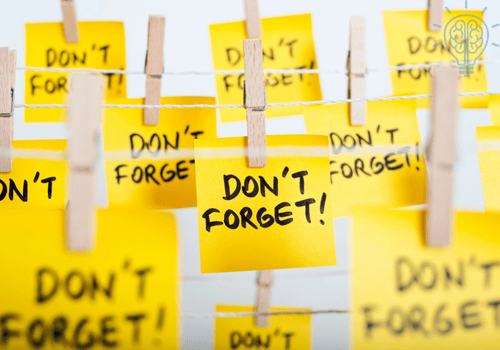“My child is so smart, but they just can’t focus on their schoolwork. Why is it so hard for them to pay attention?”
If you’ve ever felt this way, you’re not alone. Many parents of bright, talented children notice that, despite their intelligence, their child has trouble focusing on schoolwork, homework, or daily tasks. Teachers may even say, “They have so much potential, but they just don’t seem to apply themselves.”
It’s frustrating to watch your child struggle, especially when you know they’re capable. But difficulty focusing isn’t about intelligence—it’s about executive function. Understanding how attention works and what might be getting in the way is the key to helping your child succeed.
Why Does a Smart Child Struggle with Focus?
Focus is not just about effort—it’s controlled by the brain’s executive function system, which helps regulate attention, organization, and self-control. Many bright children experience attention difficulties due to differences in how their brain manages these skills. Some of the most common reasons include:
🧠 Executive Function Delays
Executive function skills, like sustained attention and impulse control, develop at different rates in different children. A child may be highly intelligent but still struggle with task initiation, time management, or filtering distractions.
📌 Interest-Driven Attention
Some children have a high sensitivity to interest levels—they can focus intensely on topics they love but struggle to engage with less exciting tasks, like homework or chores.
⚡ Fast Thinking, Slow Task Completion
Bright children often have quick, creative minds, but that doesn’t always translate to fast work completion. If a child’s brain jumps between ideas rapidly, they may get distracted before finishing a task.
🔄 Difficulty Filtering Distractions
Some kids notice everything—background noise, movement, or internal thoughts—which makes it harder to stay on task.
⏳ Struggles with Time Perception
Many children who have trouble focusing also struggle with time awareness, underestimating how long tasks take or procrastinating until the last minute.
How Trouble Focusing Impacts Daily Life
When a child has trouble focusing, it doesn’t just affect their academics—it can also impact self-esteem, family dynamics, and relationships with teachers and peers. Some common challenges include:
- 📉 Incomplete Homework & Missed Deadlines – Struggles to start or finish assignments on time.
- 🚀 Rushing Through Work – Making careless mistakes or skipping steps.
- 🔄 Constantly Switching Tasks – Jumping from one activity to another without finishing.
- ⚠️ Frustration & Meltdowns – Feeling overwhelmed by tasks that seem simple to others.
- ❌ Avoidance & Procrastination – Putting off work because it feels too hard or boring.
- 💬 Conflict with Teachers or Parents – Being seen as “lazy” or “not trying hard enough.”
These struggles aren’t due to a lack of intelligence or motivation—they’re symptoms of attention regulation difficulties that can be improved with the right strategies.
Effective Strategies to Improve Focus
If your child has trouble focusing, there are ways to support their attention and executive function skills. Here are some proven strategies:
✅ 1. Make Tasks More Engaging
Children who struggle with focus often do better when tasks feel interactive. Try using visuals, timers, or hands-on activities to make work feel less overwhelming.
✅ 2. Use “Focus Boosters”
Short bursts of effort with built-in breaks can help sustain attention. Techniques like the Pomodoro Technique (25 minutes work, 5-minute break) can be highly effective.
✅ 3. Reduce Environmental Distractions
Help your child create a structured, distraction-free workspace, removing unnecessary background noise, clutter, or screens.
✅ 4. Break Large Tasks into Smaller Steps
Instead of saying, “Do your homework,” break it into steps like “Read 5 pages,” “Write one paragraph,” or “Complete 5 math problems.”
✅ 5. Set Clear Start & End Times
Use timers, alarms, or a visual schedule to help your child understand when to focus and when they’ll get a break.
✅ 6. Encourage Movement Breaks
Many kids focus better after brief movement breaks like stretching, jumping jacks, or a short walk.
✅ 7. Use Positive Reinforcement
Reward effort and progress rather than just completion. “I saw how hard you focused on that assignment—great job!”
How Executive Function Coaching Can Help
If your child has trouble focusing, it may not be a motivation issue—it could be an executive function challenge. Coaching helps children understand how their brain works and develop personalized focus strategies.
Executive function coaching can help with:
- 📌 Strengthening attention regulation and task persistence.
- ⏳ Improving time awareness and planning.
- 🚀 Teaching effective focus and organization techniques.
- ⚡ Building self-confidence in learning and problem-solving.
- 💡 Helping parents and teachers develop supportive strategies.
With the right support, bright children who struggle with focus can learn how to manage their attention and thrive.
📞 Want to help your child focus better? Contact us for executive function coaching today!




